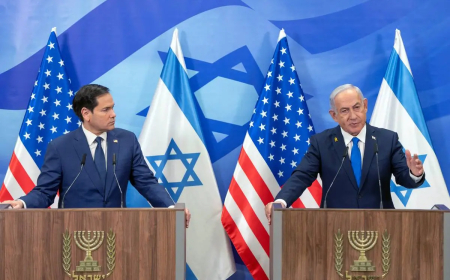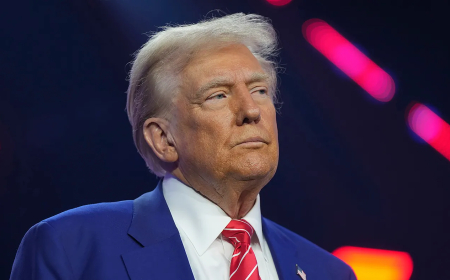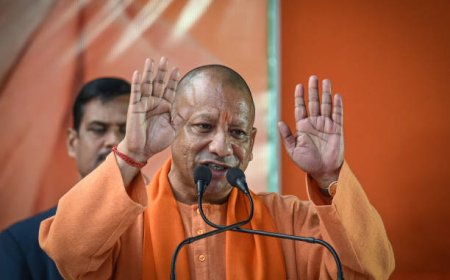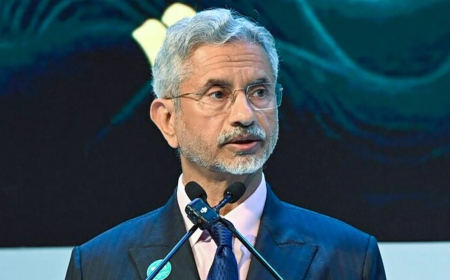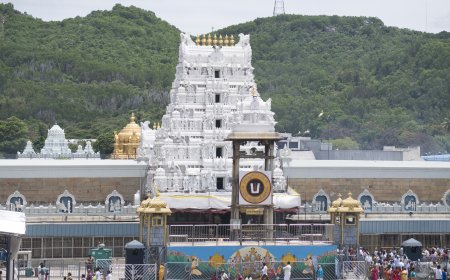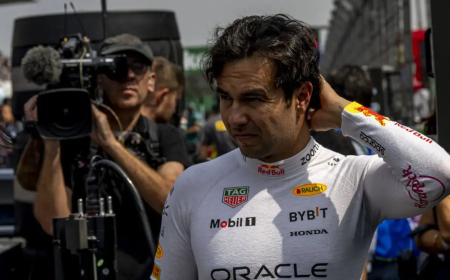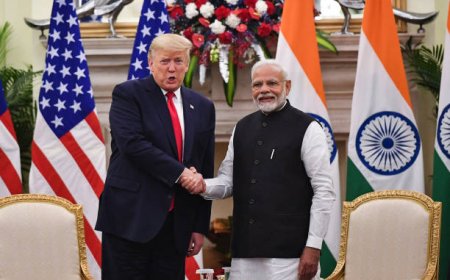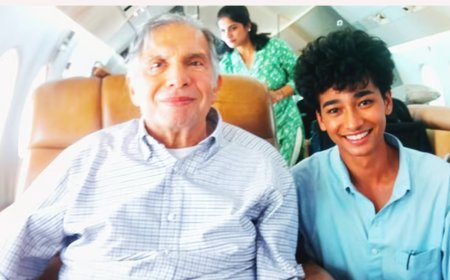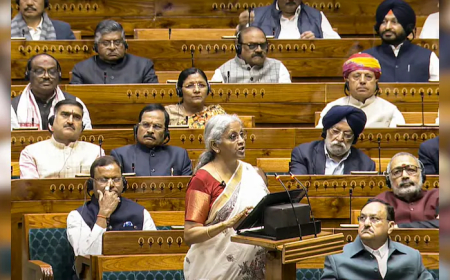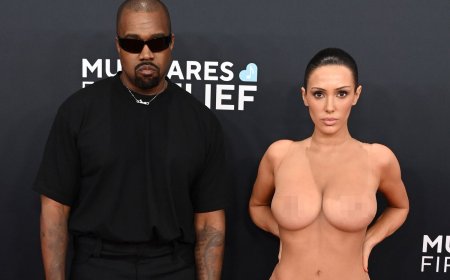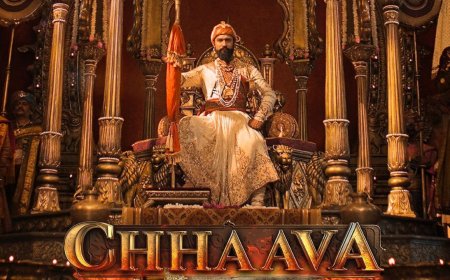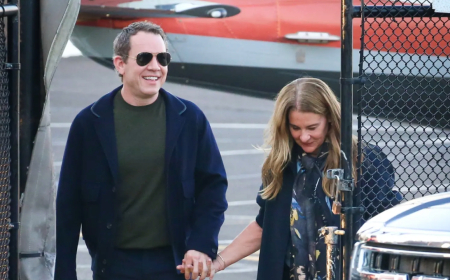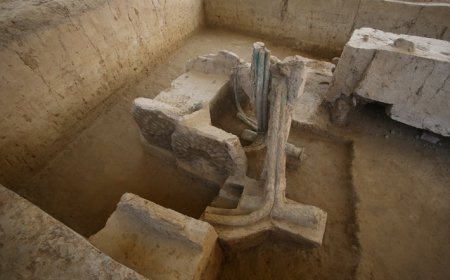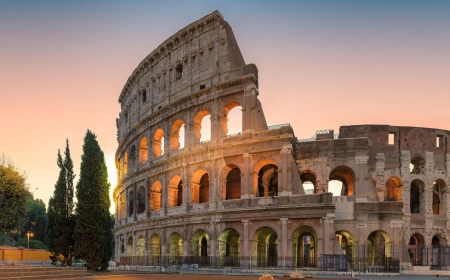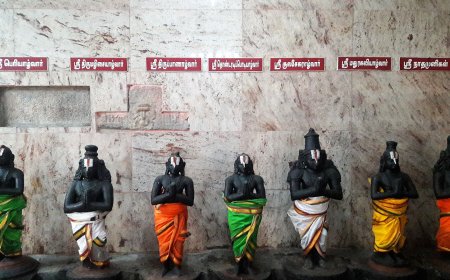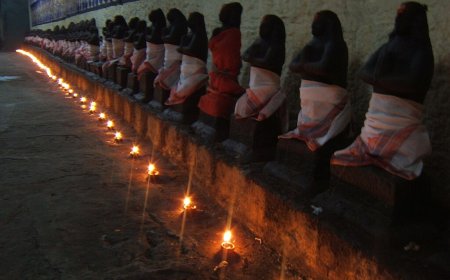Fifty Years Since the Rumble in the Jungle: The Fight That Established Muhammad Ali as the Greatest
The Rumble in the Jungle, held on October 30, 1974, marked a pivotal moment in boxing history as Muhammad Ali defeated George Foreman. This iconic bout reaffirmed Ali's status as one of the greatest athletes of all time.
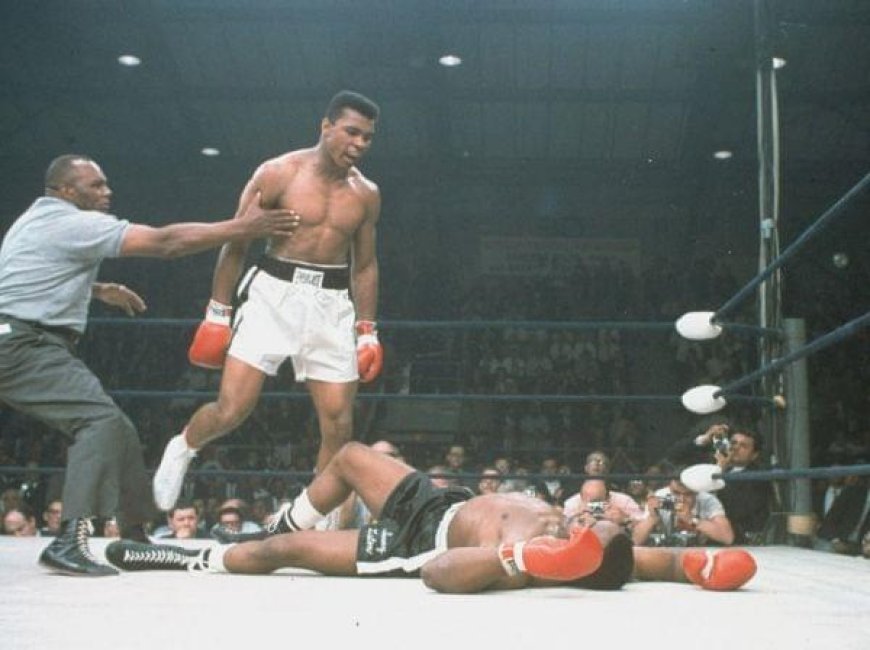
On October 30, 1974, a historic event unfolded in Kinshasa, Zaire (now the Democratic Republic of Congo), as two boxing legends, Muhammad Ali and George Foreman, faced off in what would become an emblematic match known as the Rumble in the Jungle. This bout would not only solidify Ali's legacy as "The Greatest" but also resonate deeply within the realms of sports and culture for decades to come.
Entering the ring as an underdog at 32 years of age, Ali faced formidable odds against the towering Foreman, then 25 years old and the reigning heavyweight champion. Foreman's reputation as a knockout powerhouse preceded him, with an unblemished record of 40-0. Many believed that Ali, past his prime, was destined to fall under the immense weight of Foreman's punches. Yet, in the spirit of his remarkable resilience and strategic brilliance, Ali was determined to prove the naysayers wrong.
A defining aspect of this match was Ali's innovative strategy, famously known as the “rope-a-dope.” Throughout much of the fight, Ali leaned back against the ropes, inviting Foreman to unleash his powerful blows while conserving his own energy. This unconventional tactic puzzled spectators and analysts alike, who feared that Ali was merely a target for Foreman's relentless attacks. However, Ali's patience was a calculated risk, aiming to wear down his opponent, allowing Foreman's stamina to evaporate in the sweltering African heat.
By the eighth round, the tide had dramatically turned. As Foreman visibly fatigued from his earlier exertions, Ali seized his moment. With lightning speed, he unleashed a flurry of punches that sent Foreman crashing to the canvas. Foreman's failure to beat the referee's count marked not just a pivotal moment in the fight, but also one of the most significant upsets in boxing history. Muhammad Ali reclaimed the heavyweight title and, in doing so, reestablished his position at the pinnacle of the sport.
The far-reaching impact of Ali's victory extended beyond the ring. This bout symbolized resilience, intelligence, and the indomitable power of self-belief. For Ali, it represented a triumphant resurgence following a time in which he was stripped of his boxing license for refusing to serve in the Vietnam War. To the global audience, his triumph signified hope and the embodiment of a fighting spirit during tumultuous times, as Ali's charisma transcended the sport itself.
Moreover, the cultural significance of the Rumble in the Jungle was monumental. Set against the backdrop of post-colonial Africa, the fight bridged the gap between Black Americans and their African roots. Ali's famous rallying cry of "Ali bomaye!" meaning "Ali, kill him!" galvanized the crowd and captured the essence of cultural pride. The event became a convergence of sport, politics, and identity, leaving a lasting legacy on the global stage.
As we commemorate the 50th anniversary of the Rumble in the Jungle, it’s clear that the event was more than just a boxing match; it was a defining moment in sports history. It showcased Muhammad Ali's genius, unmatched tenacity, and showmanship, solidifying his legacy as the greatest of all time—a title that continues to resonate powerfully in the hearts of fans and sport historians alike.


